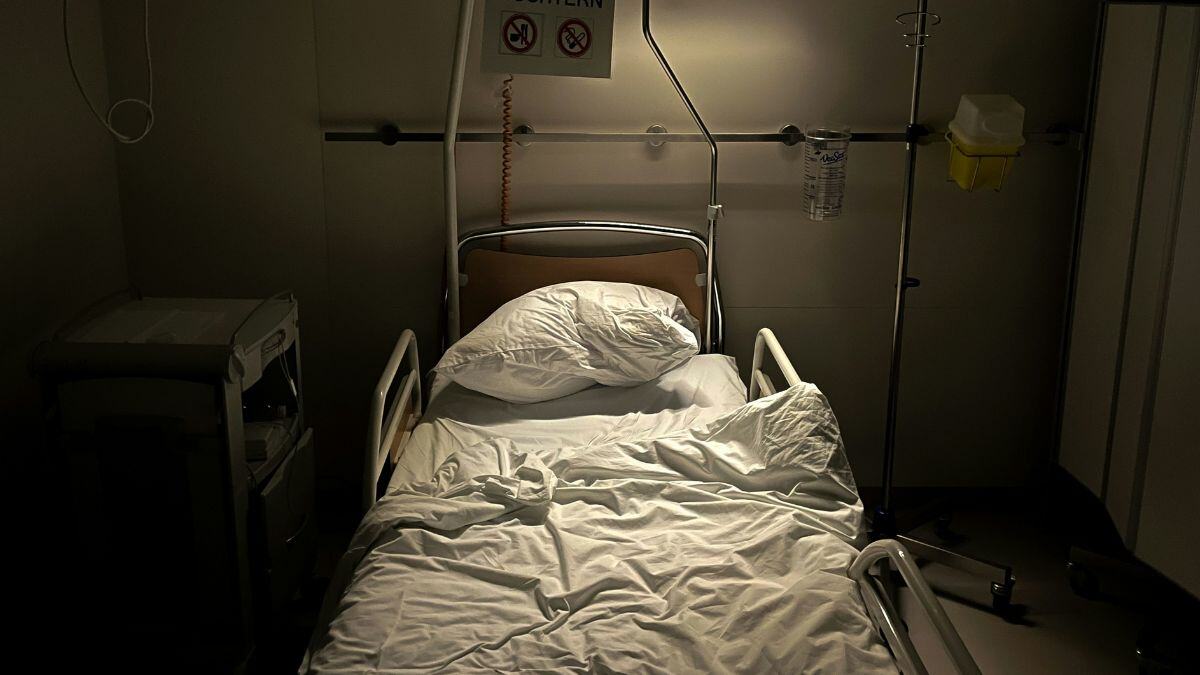Are There No Suicide Pods? Are There No Gas Chambers?
Authors: John Stonestreet and Dr. Timothy D. Padgett

Authors: John Stonestreet and Ian Speir
In 2016, Canada legalized Medical Assistance in Dying, or MAiD. Less than a decade later, the practice accounts for one in 20 of all deaths in the country. How quickly the deadly practice expanded underscores how, anywhere it has been legalized, the “right to die” soon becomes the “duty to die.”
Assisted suicide is the definition of a slippery slope. Once passed, these laws always expand. In Canada, the law was recently amended to allow anyone with a mental illness, such as PTSD or depression, to obtain life-ending drugs. In the Netherlands, government surveys recently uncovered “thousands of cases” in which doctors “intentionally administered lethal injections to patients without a request,” including “children, the demented,” and “the mentally ill.”
It was also in 2016 that Colorado voters approved the End-of-life Options Act, to allow physicians to prescribe lethal drugs to adult residents with a so-called “terminal” diagnosis. Last year, the governor signed legislation to also allow some registered nurses to prescribe the lethal drugs and to reduce the waiting period from 15 to seven days. This year, a pair of lawsuits demonstrate just how slippery the slope is here, as well.
One of the pending lawsuits seeks to expand Colorado law even further. The euphemistically titled group Compassion & Choices, formerly known as the “Hemlock Society,” is challenging the residency requirement, arguing that it is “discriminatory” to prevent out-of-state residents from receiving drugs for assisted suicide. If this lawsuit is successful, Colorado would become a “suicide tourism” destination, allowing individuals anywhere in the United States to “shop for death.”
The other Colorado lawsuit seeks to curb the disturbing trend of prescribing lethal doses to patients with severe eating disorders. Under the guise of “terminal anorexia,” some doctors claim that, due to long-term effects of malnutrition, there are patients who lack the will to live and “simply cannot continue the fight.”
However, according to Denver-based psychiatrist Dr. Patricia Westmoreland, anorexia is primarily a psychiatric condition and is treatable, not terminal. Even more, according to Dr. Westmoreland, “Patients suffering from extreme anorexia are not mentally healthy enough to make a decision with such dire consequences.”
Doctor-assisted death is always sold to the public with promises of safeguards, such as consent, but these safeguards are quickly compromised. So is the meaning of what is considered a “terminal” condition. Predictably, Colorado is following the same troubling global trends as everywhere else medicalized death has been legalized.
Behind the second lawsuit to challenge Colorado’s assisted-suicide law is a group of disability-rights advocates led by the Institute for Patients’ Rights. They claim the law inherently discriminates against people with disabilities by singling out individuals with disabilities or medical conditions who struggle with depression and other mental health issues, including suicidal ideation. Rather than offering mental health care and suicide prevention services, as it does for non-disabled people who express a wish to die, Colorado offers those with disabilities the “option” of killing themselves. In effect, Colorado law tells people with disabilities that their lives are less valuable and not worth preserving.
At the center of their case is the story of Jane Allen, a 29-year-old woman who struggled with anorexia. In the midst of her mental health crisis, a Colorado doctor diagnosed her with “terminal anorexia” and issued her a lethal prescription. Thankfully, Jane’s father intervened, and a court ordered the drugs removed from her possession, saving Jane’s life. Her health improved, and she was able to live independently before she tragically died of a heart condition a couple years later.
Jane’s case illustrates the problem with assisted-suicide laws like Colorado’s. These laws prey on the most vulnerable, poison family relationships, and corrupt the medical profession. Rather than embracing the call to heal, doctors become dispensers of death. Even worse, they are forced to decide whose life is worth living and whose isn’t. This is not “care.” Nor is it “medicine.”
Every single life has inherent, eternal value. Lawmakers and medical professionals cannot change what the Creator has already decided. Christians must be clear on what is true about human value.
The slope of medicalized killing is slippery indeed. The safeguards cannot hold. Christians must pray for and push for laws that recognize the central truth that every human being, from conception to natural death, is made in God’s image and worthy of life. More importantly, believers must be discipled in this essential and consequential doctrine so that the unjust taking of life will never be accepted as normal, even where it is made legal.
.jpg)
Authors: John Stonestreet and Dr. Timothy D. Padgett
.jpg)
Author: John Stonestreet and Ian Speir

Authors: John Stonestreet | Jared Hayden